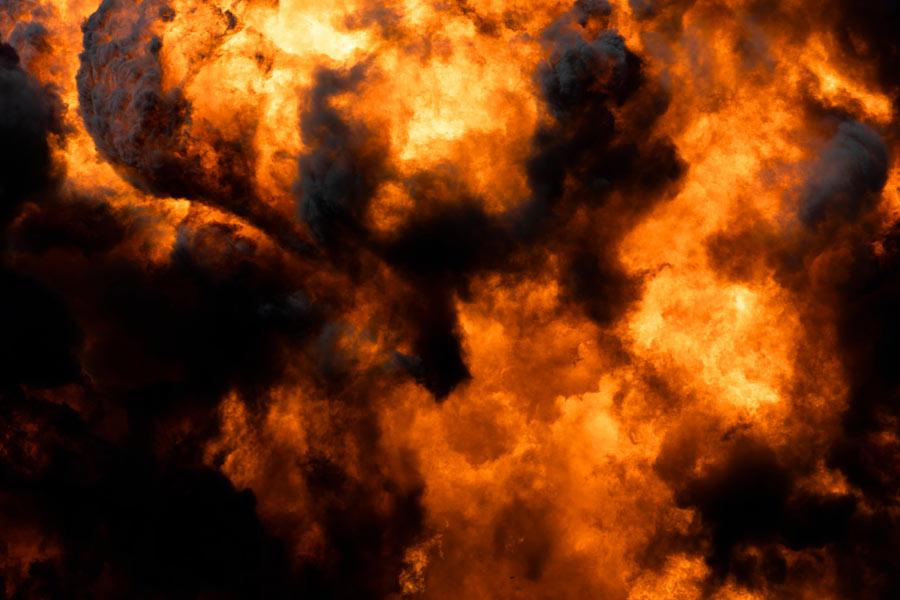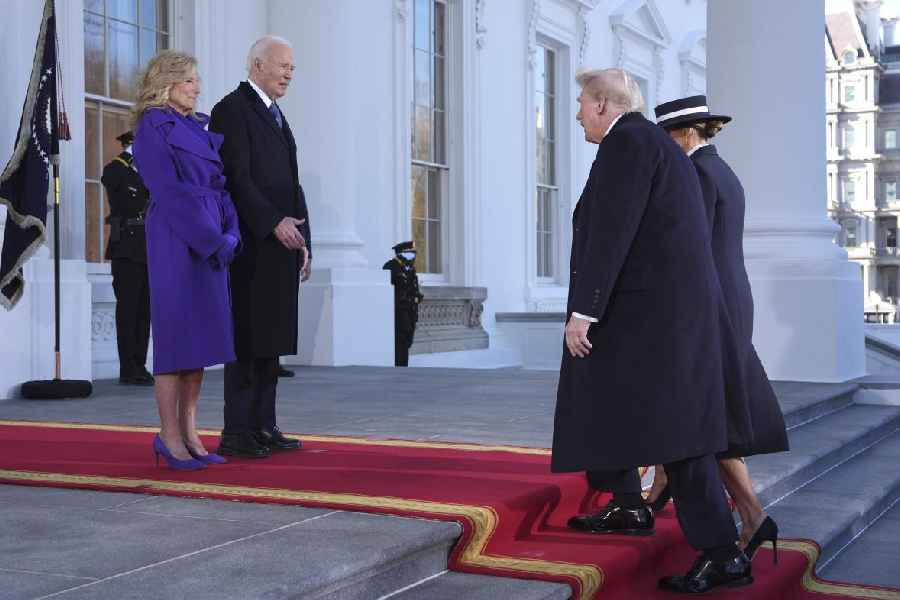An Israeli airstrike on a makeshift tent camp for displaced Palestinians killed at least 45 people in Rafah on Sunday night, the Gaza health ministry said. The Israeli military said its operation was aimed at a Hamas compound, adding that “precise munitions” were used to eliminate a Hamas commander and another senior Hamas official at the site.
Israeli aircraft had used “precise munitions” in the strike, the military said in a statement, adding that it was looking into reports that “several civilians in the area were harmed” by the strike and subsequent fire. A follow-up statement said two Hamas leaders had been killed in the strike.
The Palestine Red Crescent Society said its ambulance crews had taken a “large” number of victims to the Tal al-Sultan clinic and field hospitals in Rafah, where few functioning hospitals remain, and that “numerous” people were trapped in fires at the site of the strikes.
The strike hit the Tal al-Sultan area of Rafah, within what the Israeli military has designated as a “humanitarian zone”, where it had told Palestinian civilians to go for shelter before its offensive in Rafah, the Red Crescent said.
The New York Times could not immediately confirm details of the airstrike. The attack came hours after Hamas fired a barrage of rockets at central Israel, setting off air-raid sirens in Tel Aviv for the first time in months.
Doctors Without Borders said more than 15 dead people and dozens of wounded in the Rafah strike were brought to a trauma stabilisation centre.
Dr James Smith, a British emergency specialist in Rafah who has been working at that center, said the attack had killed displaced people who were “seeking some degree of sanctuary and shelter in tarpaulin tents”.
Speaking from a house a few kilometres away from the trauma centre, a distance that he said had become too dangerous to cross, Smith said footage shared by his colleagues at the trauma center of injuries from the strike and the fire were “truly some of the worst that I have seen”.
Although the UN estimates that more than 800,000 people had fled Rafah in a matter of weeks after the Israeli military announced its offensive, the area remains densely populated, Smith said.
“These are very, very tightly packed tents,” he said. “And a fire like this could spread over a huge distance with catastrophic consequences in a very, very short space of time.” The attack was “one of the most horrific things that I have seen or heard of in all of the weeks that I’ve been working in Gaza”, he added.
An Israeli official said on Monday that an initial investigation by the military had concluded that the strike, or shrapnel from it, may have unexpectedly ignited a flammable substance at the site. Eyewitnesses described intense fires in the aftermath of the strike.
The Israeli military said in a statement on Monday that it had taken a number of steps before the strike to reduce the risk of harming uninvolved civilians, including conducting aerial surveillance and using precise munitions. “Based on these measures, it was assessed that there would be no expected harm to uninvolved civilians,” the military said.
Military drone footage of the attack, reviewed by The New York Times, showed the munition striking an area housing several cabinlike structures and parked cars.
‘Tragic mistake’
Israeli Prime Minister Benjamin Netanyahu acknowledged Monday that a “tragic mistake” had been made after an Israeli strike in the southern Gaza city of Rafah. “Despite our utmost efforts not to harm innocent civilians, last night, there was a tragic mistake,” Netanyahu said on Monday.
New York Times News Service











